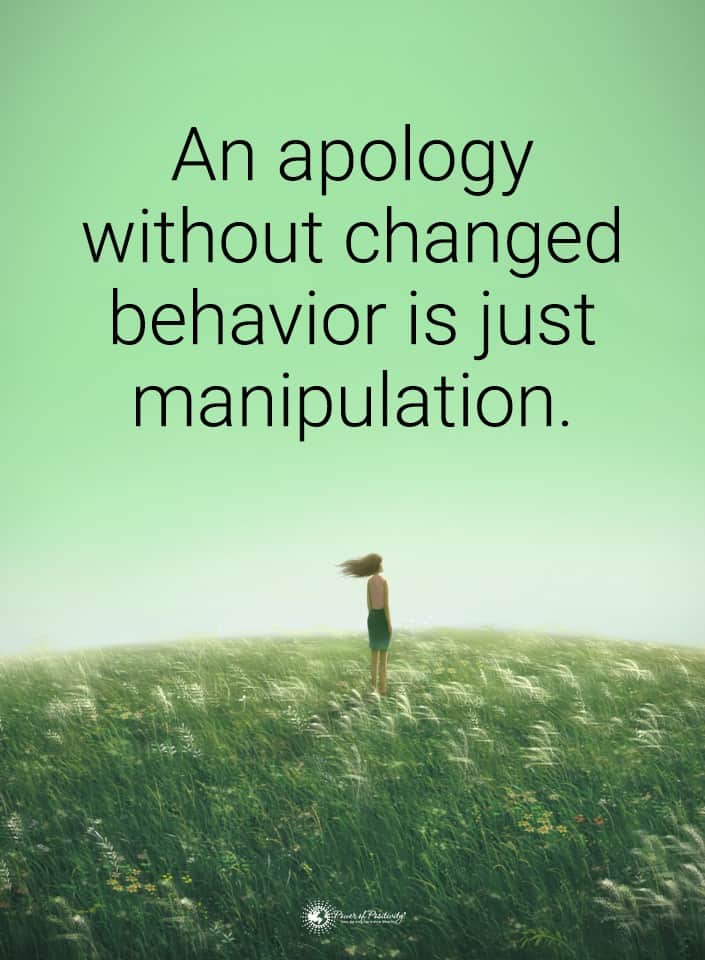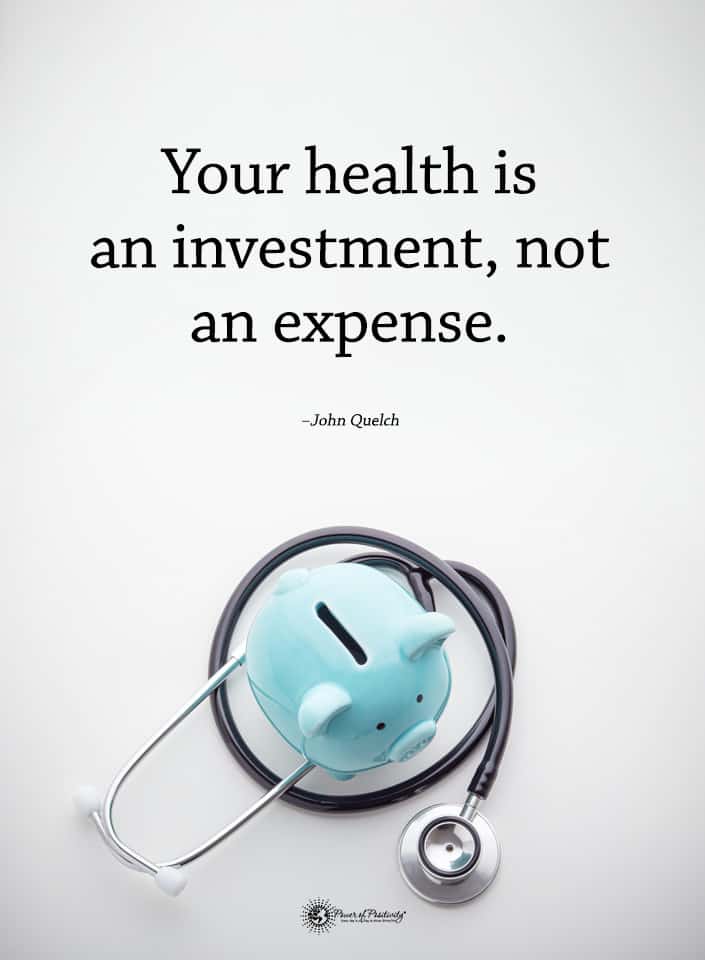Do you have a short fuse that can hinder your efforts to overcome anger? It’s a primary human emotion that nobody can avoid forever.
However, controlling and overcoming anger is a mark of spiritual growth and maturity.
Fifteen Habits That Help You Control Your Temper
Anger is one of the easiest emotions to show because it can mask fear and inadequacy. But, if you don’t deal with it and remain an explosive hothead, it will affect the quality of your life. So here are fifteen easy-to-implement methods to help you overcome anger, even if you feel justified.
 1. Counting
1. Counting
Counting to ten to help your anger may be the oldest trick in the book, but it can help. So, the next time your blood starts to boil, and you’re ready to roar, close your mouth and slowly count from one to ten in your mind.
You’d be surprised at the difference ten seconds can make in your mood. That brief pause may also minimize your chances of spouting off something you’ll regret later. While you’re counting, breathe and focus on calmness.
The counting method is often helpful in a sudden situation when you don’t know all the facts. If counting to ten doesn’t help, try counting to twenty or thirty. The whole concept is to give yourself time to think before reacting, even if you’re right.
2. Tune It Out with Music
Remember the old saying that music calms the savage beast? It’s also an ideal way to overcome anger. An article published by BJPsych Journal International shares the long-accepted link between music and human emotion. Not only can music lift your spirits, but it’s also been shown to help those with mood disorders.
Listening to some of your favorite tunes may give you a sense of calm when you’re angry. It may be instrumental if you’re ruminating about past hurts that have built up resentment in your mind. It’s hard to be mad when you’re listening to an upbeat song that makes you want to dance and sing along.
3. Do Some Stretches
Think of how your body reacts when your temper flares. You feel all your muscles tense; your insides quiver, and your mind races. In fact, sudden anger triggers your survival mode, and you’re usually ready to fight.
That steaming flush of stress hormones that are pouring into your bloodstream speeds up your pulse and breathing. Adrenaline and cortisone are meant to be temporary boosts for survival. However, chronic stress that comes with uncontrolled anger issues can wreak havoc on your body, mind, and spirit.
Another good way to overcome anger and the stress response is to do stretches or yoga. As you move and stretch your body slowly and smoothly, it relaxes your muscles. According to an article published by the NCCIH Clinical Digest, practicing yoga may boost your moods and lower your stress levels.
4. Take a Hike
Here’s another classic recommendation to overcome anger and to avoid hostile confrontation. When you feel like you’re ready to scream and rake someone over the coals, you may find peace by taking a long walk. If somebody is aggressive or makes you angry enough for violence, it’s time to walk away.
Something is soothing about taking a hike and breathing fresh air. While you’re taking in all the beauties of nature, you often feel a welcome serenity. Walking is an ideal exercise, and it gives you a chance to get a better perspective of what’s making you mad.
5. Recognize Your Triggers
Like most people, you usually know the people and situations that push your temper over the edge. But, unfortunately, no matter how hard you try, these confrontations leave you emotionally drained and boiling mad. Recognizing and avoiding these triggers is essential to overcome anger.
Unfortunately, some of your anger triggers are difficult to avoid altogether. Maybe just the sight of a loud-mouthed relative makes your temperature rise. On the other hand, if they are someone you only see at family reunions or special occasions, you can have as little interaction as possible.
What are some of the situations that are quick to make you see red? For example, are you impatient in drive-thru lines or when your kids leave the family room trashed again? Situational triggers may require that you find ways to cope with them better.
There are some toxic people and situations that have caused you to harbor resentment. Even when you think of them, the anger is fresh again. Learning how to forgive and go on can go a long way in releasing your wrath.
6. Zip Your Lips
How many times have you spouted something out of anger and instantly regretted it? It’s a common human flaw that can blow situations out of proportion and destroy relationships. When you’re angry, you’re often tempted to yell and use your words as weapons.
Of course, you should speak up when somebody is trying to hurt or take advantage of you. However, there are situations where it’s best to close your mouth and don’t open it until you’re thinking more rationally.
Remember that it’s impossible to “take back” things you say in the heat of anger. It’s like trying to put the toothpaste back neatly in the tube. Of course, you can apologize and try to make amends, but your flippant comments won’t be forgotten.
Err on the side of caution and keep your mouth shut. It’s a good time to count to ten and practice mindful breathing. After you decide the right time to speak, weigh each word carefully.
 7. Phone a Friend
7. Phone a Friend
Is your temper ready to erupt like a violent volcano? Sometimes, talking to a close friend can help you. Choose someone who will keep your confidence. Your goal isn’t to make your friend uncomfortable by choosing sides.
Talking to a trusted friend or loved one will allow you to vent and calm your wrath. If they are an active listener, they will hear what you say without passing judgment. They may also gently offer other perspectives that you hadn’t considered.
8. Channel Your Anger
Sometimes when you’re irritated beyond measure, a mental diversion is in order. Go to a batting cage and knock a few home runs to calm your spirits. Exercise or work on your favorite hobbies so you can release those negative emotions.
9. Change Your Shoes
It’s not easy being empathetic when you’re angry at somebody. However, calm reflection may help you see the other person’s point of view. How would you feel if you were in their shoes? Is your indignation justified?
10. Write a Letter
Maybe a friend or a loved one has flared your temper so much that you feel like verbally ripping them to shreds. However, as you learn to overcome anger, you realize that such actions don’t resolve the situation, and it only makes matters worse.
Instead, hold your peace and vent your frustration in a letter. Now’s your time to let the person know what you think of them. Set the letter aside for a while and read it later. You may see the situation differently without anger clouding your vision.
11. Laugh
Rage drains you physically, mentally, and emotionally. Another way to overcome anger is to use a little fun. Are you feeling angry and ready to snap at someone? Try watching a good comedy or do something that will make you laugh and relax.
12. Time Your Anger
Your life is too short to waste on energy-zapping frustration. Make a deal with yourself that the next time you’re in a fury, you only have an allotted time for it. If you need to set a timer and allow yourself 15-20 minutes to grump and growl, then try to stay calm the rest of the day.
13. Repeat Your Mantra
Trying to bring yourself down from a fit of fury isn’t always easy. However, some people successfully overcome anger by meditating and repeating a mantra, silently or aloud. Pick one that speaks to you, like “Peace and calm” or “I can beat this.”
It’s a way of using the law of attraction to manifest what you desire. As you validate your sense of calm and feelings of positivity, the Universe agrees, and it happens. Use your mantra to boost your affirmations.
14. Write in Your Journal
Journaling takes you into your singular world, and you’re free to speak your mind. Write as if to a trusted friend and reveal your frustrations and angry thoughts. It may help you feel better by offering yourself compassion and permission to vent.
15. Express Your Anger Maturely
Sometimes, any reasonable person would have a right to be mad. The key is how you react and how you voice your feelings. You have a right to tell someone that they have offended you to the point of anger.
Try to speak in a calm voice that isn’t threatening or escalates the problem. When you address the issue without hurling insults and curses, the offender is more apt to listen and apologize. If not, walk away and keep your distance until amends are made.
 Final Thoughts on How to Overcome Anger
Final Thoughts on How to Overcome Anger
It’s only human to be angry when people or situations are hurtful. Although you can’t undo the past, you can choose how you react. Dispelling wrath and bitterness can bring you the peace you need for a joyful life.


















